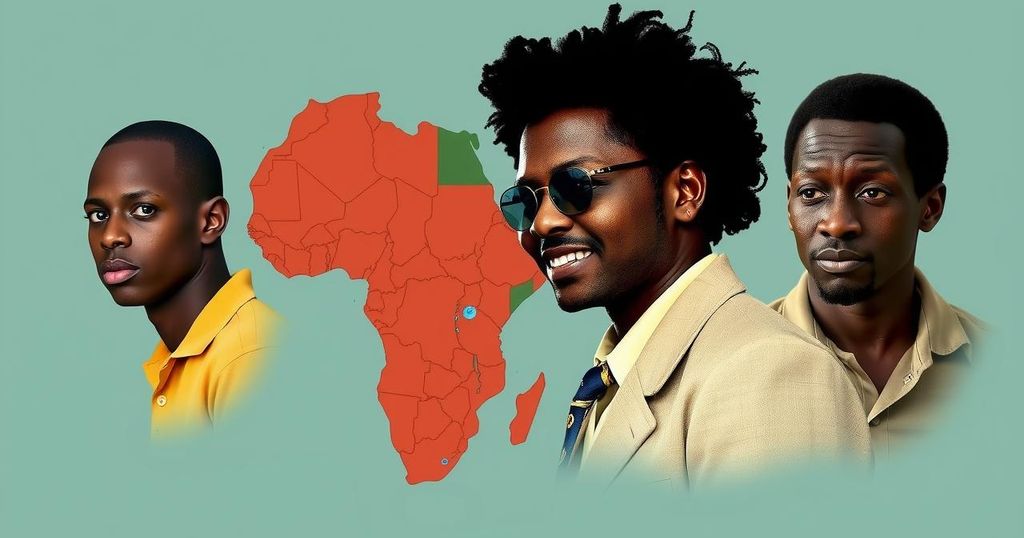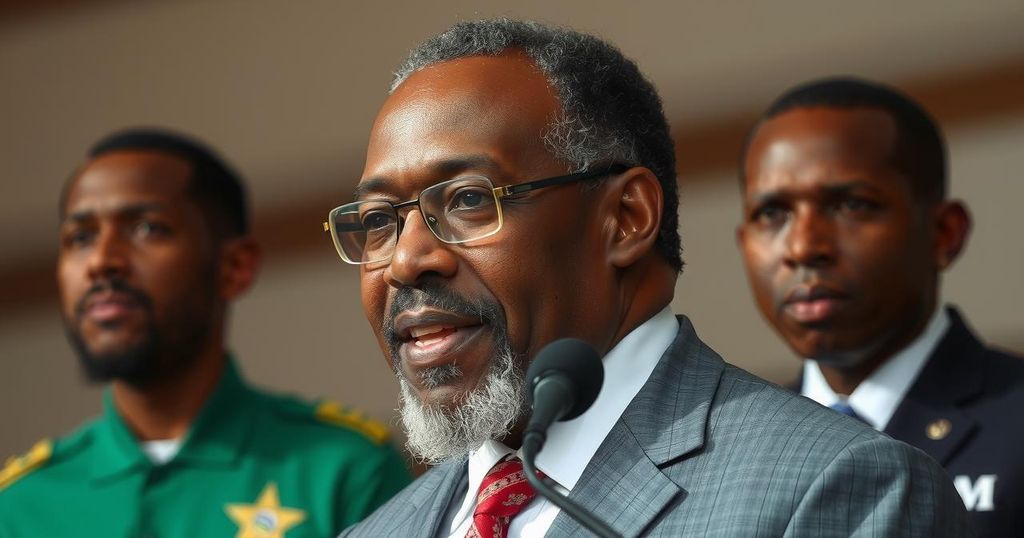2024 Southern Africa Elections Indicate Major Shifts in Political Power
The 2024 elections in Southern Africa resulted in significant losses for historical liberation parties, revealing growing discontent among younger voters regarding economic conditions. Countries such as Botswana and South Africa experienced dramatic electoral shifts, while Namibia’s SWAPO party narrowly maintained power. The present-day political engagement marks a departure from historical allegiances as citizens seek accountable governance, indicating possible future transformations in the region’s political landscape.
The 2024 elections in Southern Africa have marked a significant turning point for long-standing liberation parties, which have experienced notable declines in voter support. As citizens highlight their dissatisfaction with economic conditions and limited opportunities, parties that once thrived on their historical contributions to independence now face scrutiny. Younger voters, lacking personal memories of colonialism, prioritize current governance effectiveness over nostalgic loyalties. Countries such as Botswana and South Africa witnessed substantial electoral shifts, challenging the dominance of their historical ruling parties. Despite SWAPO’s victory in Namibia, its reduced parliamentary presence signals potential future changes in political dynamics within the region. Such changes reflect a broader trend across Africa, where citizens increasingly demand accountability from their governments, indicating a generational shift in political expectations and voter engagement.
The political landscape in Southern Africa has been traditionally dominated by liberation parties that played pivotal roles in the struggle against colonialism. However, as demographics shift toward a younger populace, there is a growing disconnect between the historical narratives these parties promote and the immediate concerns of voters, particularly around issues such as unemployment and economic stability. This disconnect has become increasingly pronounced in the recent elections, where many long-time ruling parties faced unprecedented challenges, reflecting a potential transformation in governance and power dynamics across the region.
In summary, the 2024 elections in Southern Africa have witnessed transformative changes as liberation parties, once considered stalwarts of stability and progress, encountered significant electoral challenges. The rising expectations from a younger electorate, coupled with economic dissatisfaction, suggests a shift in political power dynamics that could reshape the future of governance in the region. As citizens demand more responsive and accountable leadership, the course of Southern African politics may well evolve in favor of new ideas and approaches.
Original Source: abcnews.go.com




Post Comment